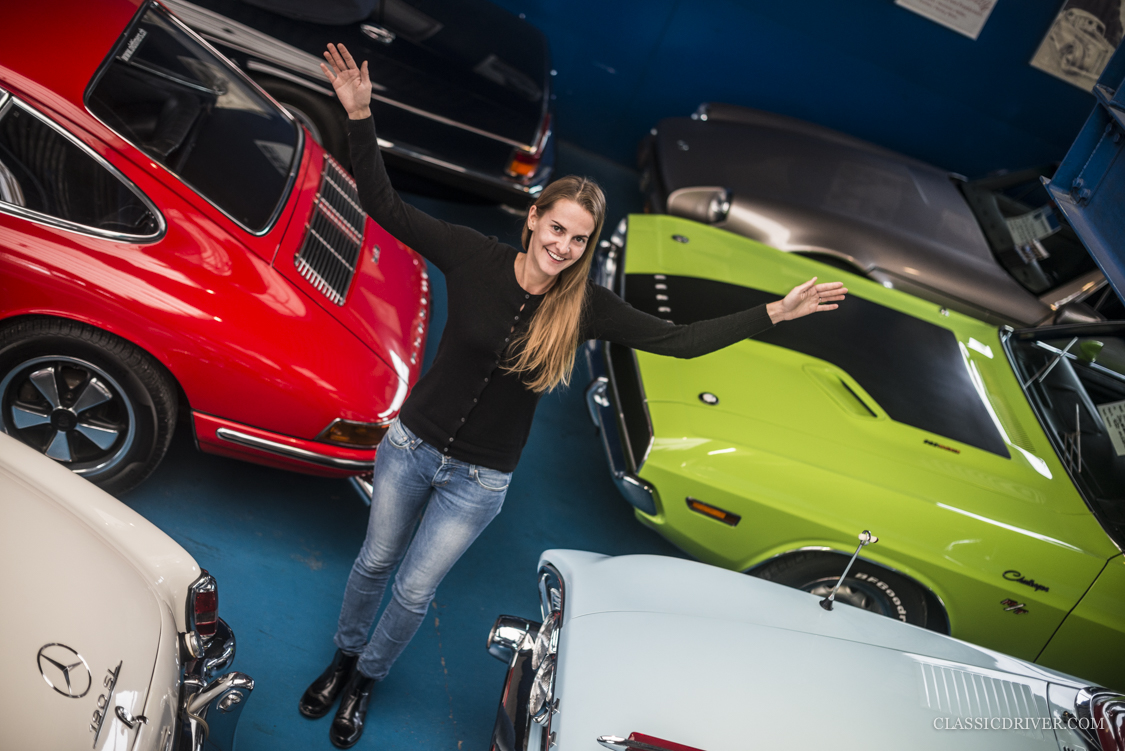
An institution of the Swiss classic car scene, Touring Garage boasts a diverse inventory – ranging from Topolino to Ferrari – and serves first-time buyers and experienced collectors alike. We met Katrin Rau, who took control of the family business five years ago…
What is your earliest automotive memory?
Oh, there are so many. I grew up around classic cars, and as a child they always fascinated me. I have a particularly fond memory of my father’s Maserati 3500 Vignale Spyder, which he owned for many years. He chose to sell it at auction, and I sat in the audience completely unaware that his car was about to be sold. When it drove up the ramp, I was so shocked that I started crying loudly. Fortunately for me it failed to sell, and therefore returned home, much to my delight.
So the passion for cars runs in the family?
My father always had a passion for cars, from a very young age. And that passion certainly brushed off on me. My mother and my sister also enjoy classic cars, but are perhaps not as passionate.
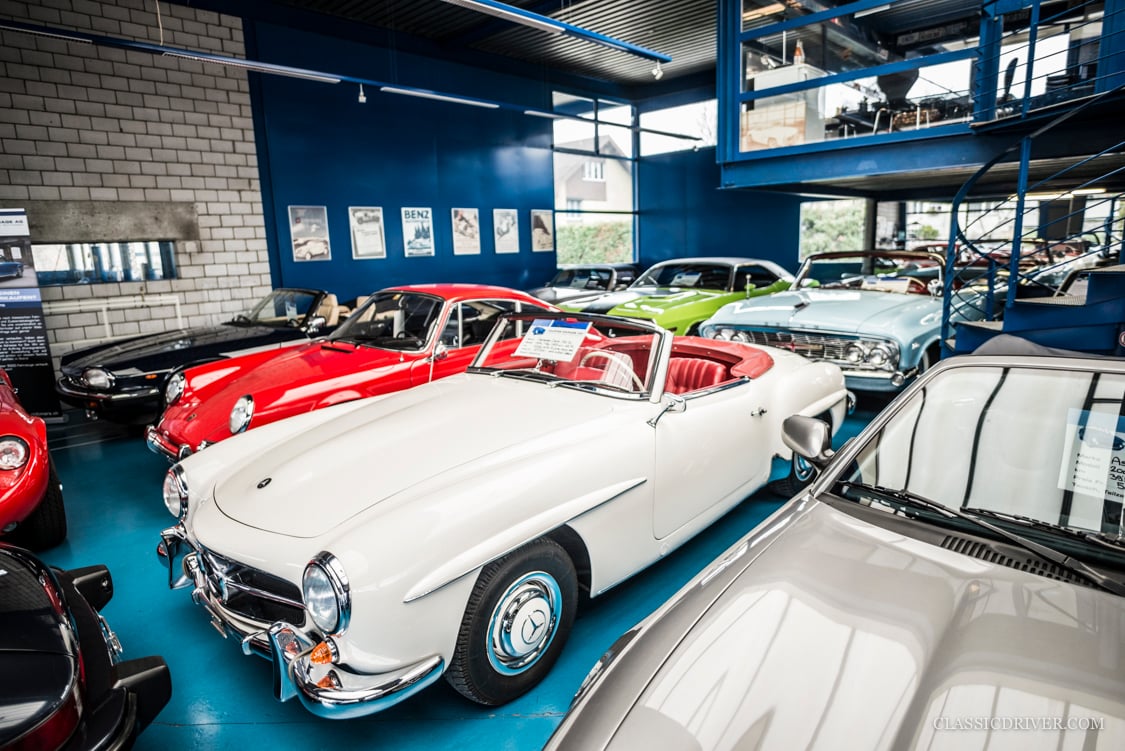
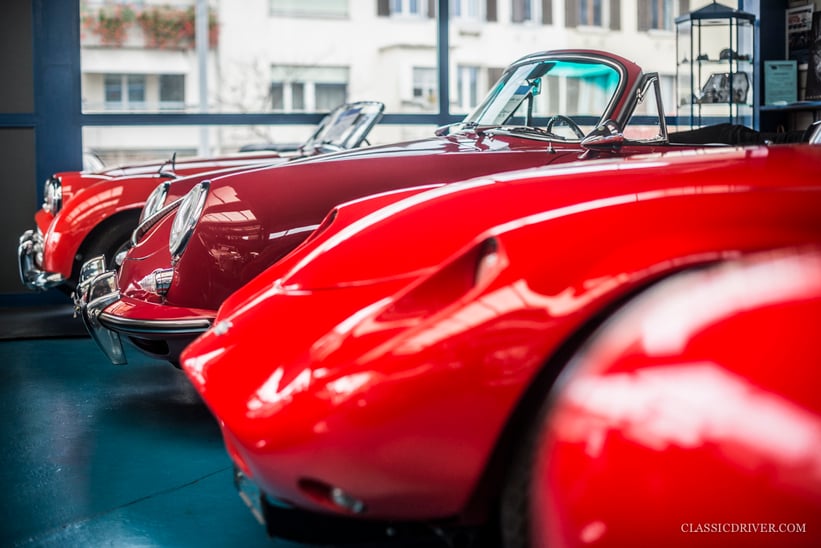
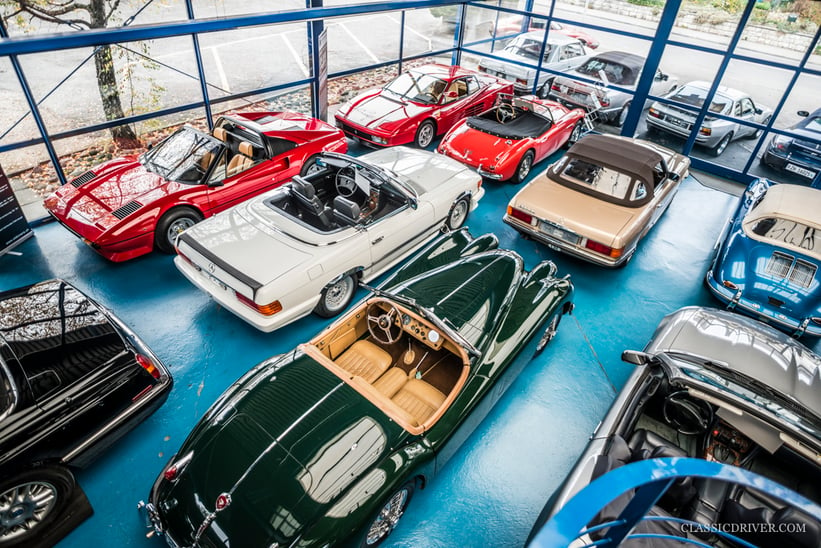
How was Touring Garage established?
My father took control of a small Renault dealership in the mid-1970s. There were lots of classic cars around, and Renault felt that that this wouldn’t fit the image of its brand, and requested for them to be removed. My father decided that actually Renault did not fit his image, and that’s where the partnership ended. This was also the point when he started trading classic cars instead.
In which kind of cars do you specialise?
Touring Garage is known for its wide range of vehicles from different manufacturers and at different price points. In our spacious showroom you’ll find a Topolino or a VW Beetle, as well as more expensive Porsches, Aston Martins and Ferraris. I would say that our bread-and-butter vehicles are those from the 1950s to the 1980s, though we do also trade newer sports cars.
Are there brands or models particularly close to your heart?
I grew up around lots of Porsches, so they’re my favourite – particularly the 356s and 911s. Before I joined the family business I worked at Mercedes-Benz for almost 10 years, so Mercedes-Benzes are naturally close to my heart as well.
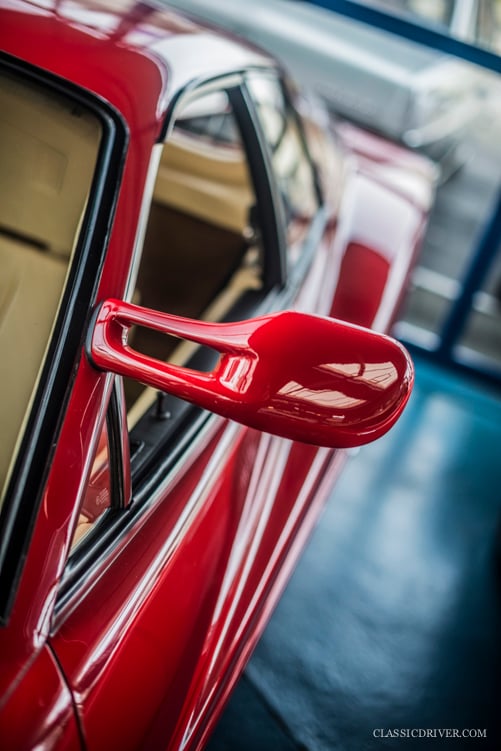
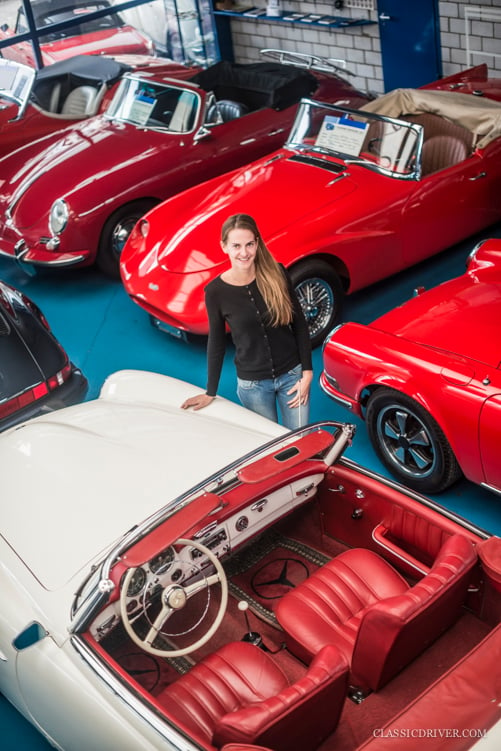
Where do you source your cars and how many would you typically sell in a year?
We source cars through our extensive client network, and most come from private Swiss customers. Often, cars will return to us to be sold again. The advantage there is that we then know the complete history of the car, and don’t lose sight of the best vehicles.
What can customers expect of Touring Garage?
After nearly 40 years, our presence in the market is well known, as is our business philosophy of fairness and transparency in terms of the buying experience.
You took over the business from your father five years ago – what do you do differently?
We were both very happy that the company has remained in the family. My father has given me a great business with many loyal customers, and for that I’m very grateful. My highest priority is maintaining the values of the business established by my father, and the transition from him to me has been smooth as a result.
Is there a generational change in terms of who’s buying classic cars?
Yes, from my perspective, this is very clear to see. Interests are always shifting – it is becoming harder to sell pre-War cars, while many often more modern classics are taking centre stage.
There are still relatively few women in your industry – why do you think this is?
I don’t know – if you look at the classical music scene, the opposite could probably be said.
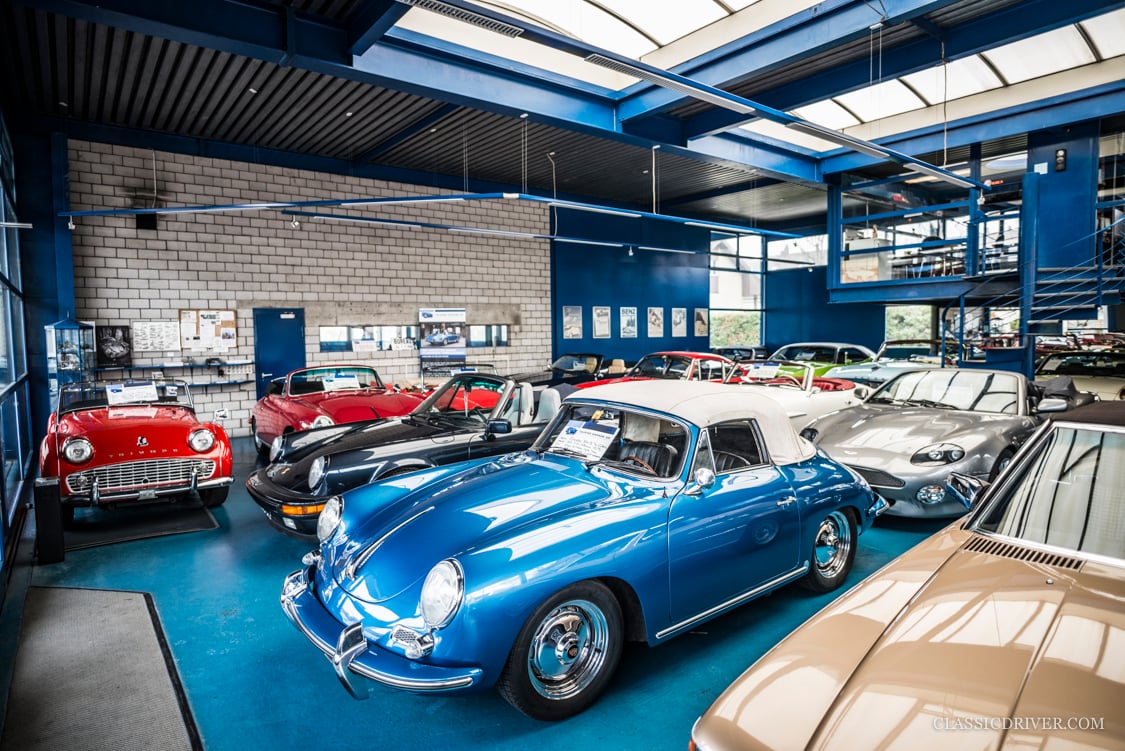
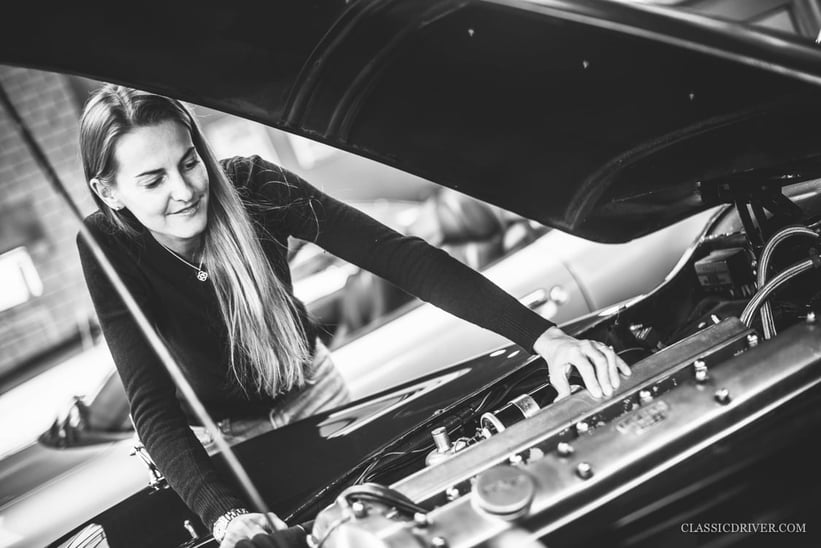
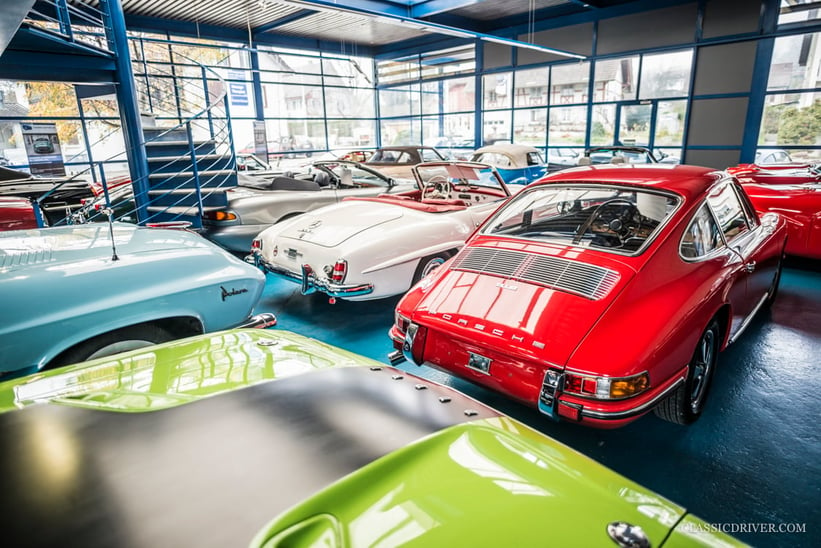
You’ve many more ‘affordable’ classics in your inventory. What should be considered when buying such a car?
I urge anyone interested in buying a classic to thoroughly inspect the car. That way every customer knows exactly what he/she is buying. You should always buy a car in which you feel comfortable, in order to get the absolute most from it.
How has the market changed in recent years from your perspective, and where do you see it heading?
As with all markets, there are ups and downs. At the moment, classics are enjoying increased popularity and, in the last few years, investors have joined the party, alongside the enthusiasts. I do not know where the market is heading, but the trend of increased interest is currently showing no signs of changing.
What differentiates the Swiss classic car scene from others?
I think that many Swiss collectors really appreciate the originality of a vehicle. If the paintwork or the leather interior boasts an attractive patina, my customers love it. Vehicles abroad are often restored to within an inch of their lives. In my opinion, the car loses much of its charm like this, as well as a chunk of its history. Foreign customers, however, are often quicker at making decisions – the Swiss sometimes spend too long considering a potential purchase, and thus lose out to a foreign buyer.
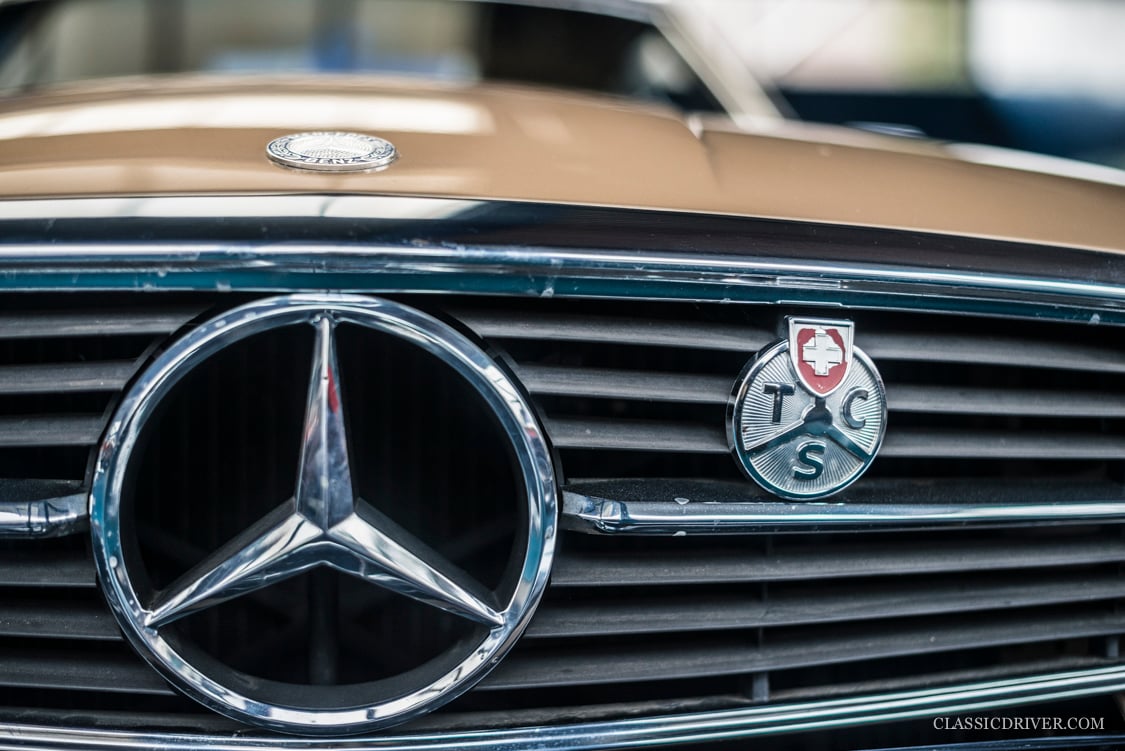
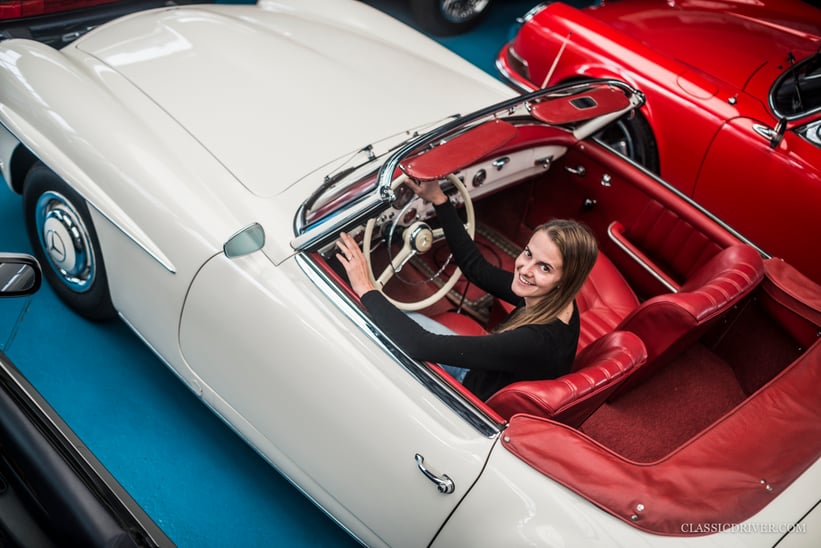
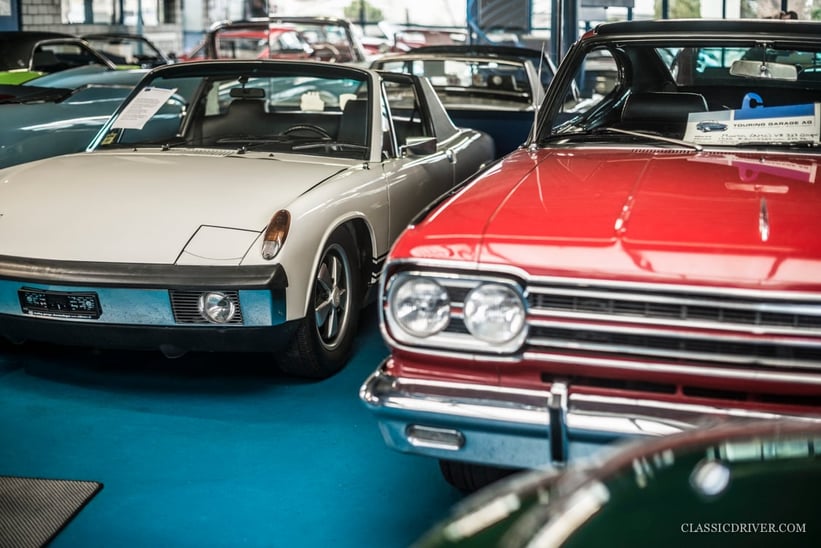
Are there any cars from your career that you regret selling?
Perhaps the Ferrari 365 GTC/4 that I sold last year for CHF 120,000. Today it would be worth more, but you can’t dwell on that too much. At the time, it was a very good deal for us.
What car do you drive on the weekend?
I have a Porsche 356 B Roadster and a Mercedes-Benz 380 SL from my birth year.
If money were no object, which three classics would you choose?
A Maserati 3500 Vignale Spyder like my father’s old car, an Aston Martin DB5 and a Mercedes-Benz 300 SL Roadster.
You can find Touring Garage’s entire inventory listed for sale in the Classic Driver Market.
